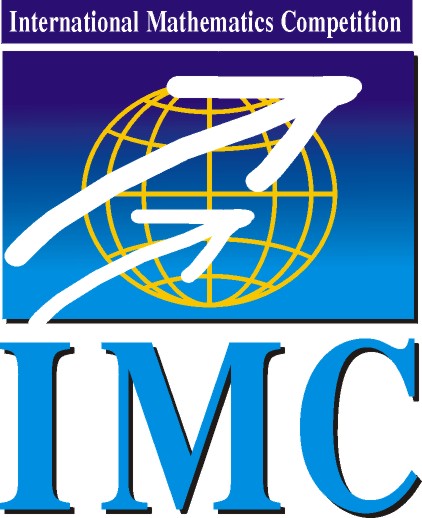
|
International Mathematics Competition
|
IMC 2024 |
| Information | Results | Problems & Solutions |
IMC2015: Day 1, Problem 4
4. Determine whether or not there exist 15 integers $m_1,\ldots,m_{15}$ such that~ $$\displaystyle \sum_{k=1}^{15}\,m_k\cdot\arctan(k) = \arctan(16). \qquad\qquad(1)$$
Proposed by Gerhard Woeginger, Eindhoven University of Technology
Solution. We show that such integers $m_1,\ldots,m_{15}$ do not exist.
Suppose that (1) is satisfied by some integers $m_1,\ldots,m_{15}$. Then the argument of the complex number $z_1=1+16i$ coincides with the argument of the complex number \[ z_2 ~=~ (1+i)^{m_1}\, (1+2i)^{m_2}\, (1+3i)^{m_3} ~ \cdots\cdots ~ (1+15i)^{m_{15}}.\] Therefore the ratio $R=z_2/z_1$ is real (and not zero). As $\re z_1=1$ and $\re z_2$ is an integer, $R$ is a nonzero integer.
By considering the squares of the absolute values of $z_1$ and $z_2$, we get \[ (1+16^2) R^2 ~=~ \prod_{k=1}^{15} (1+k^2)^{m_k}. \] Notice that $p=1+16^2=257$ is a prime (the fourth Fermat prime), which yields an easy contradiction through $p$-adic valuations: all prime factors in the right hand side are strictly below $p$ (as $k<16$ implies $1+k^2<p$). On the other hand, in the left hand side the prime $p$ occurs with an odd exponent.
© IMC